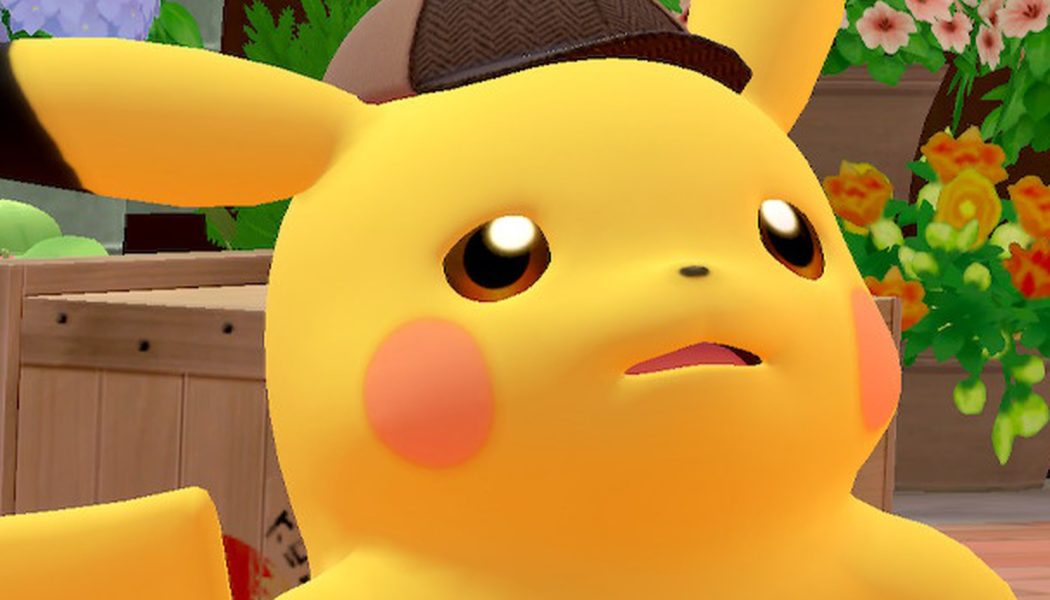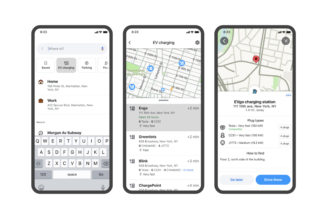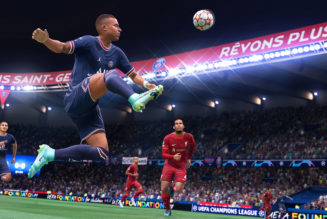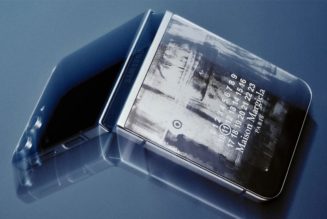Though Detective Pikachu Returns has an abundance of personality, its lackluster visuals keep it from feeling like a solid sequel to the original 3DS game.
Share this story
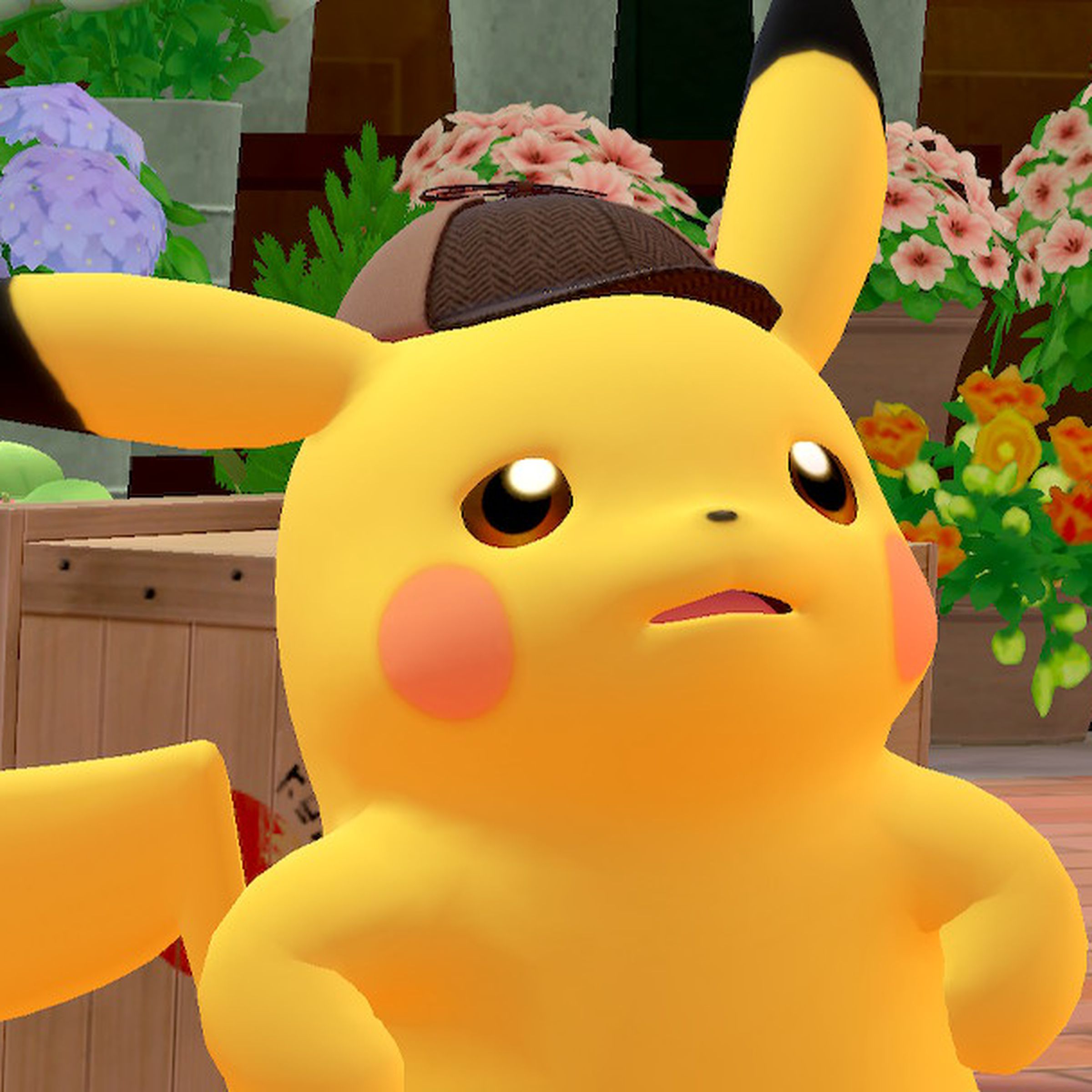
The concept of a mean-mugging, coffee-guzzling, mystery-solving Pikachu who talks like a human was kind of difficult to wrap one’s mind around before Nintendo dropped its first Detective Pikachu game back in 2018. The original 3DS point-and-click’s simplistic gameplay and forgettable supporting characters both left much to be desired. But its sharp sense of humor and focus on depicting the world from pokémon’s perspectives solidified it as one of the larger franchise’s most inspired spinoffs, which led to a live-action film adaptation that left little doubt of there being a Detective Pikachu Switch sequel on the way.
In a handful of important ways, Detective Pikachu Returns from studio Creatures feels like exactly the sort of follow-up that fans of the original game have been clamoring for all these years. Its expanded roster of fully voice-acted NPC pokémon is a delight, and its deceptively simple story takes the game in a narrative direction that’s legitimately kind of shocking (in a good way) for a Nintendo release squarely aimed at kids. Despite all of its strengths, though, Detective Pikachu Returns suffers from an unfortunate case of being another unpolished, current-gen Pokémon title that looks and plays more like a technical demo than a finished product.
Set a couple years after the events of the first game, Detective Pikachu Returns picks up on the latest chapter of junior detective Tim Goodman’s ongoing story in Ryme City, where he lives and works with his partner — a gruff Pikachu addicted to caffeine. Like most everyone in town, Tim’s used to seeing Pikachu out and about either en route to his favorite coffee shop or hanging out in one of Ryme City’s open-air green spaces. But whereas everyone else hears Pikachu’s cries as your standard “pika pikas,” Tim can comprehend his partners’ speech as clearly as any human’s, and that unique quirk is what makes the mystery-solving team an invaluable asset to local police when a new wave of pokemon-related petty crimes hits Ryme City.
Most everything about Detective Pikachu Return’s core mechanics remains unchanged from Tim and Pikachu’s first adventure, but the new game’s bigger, more built-out version of Ryme is a welcome update that makes the city feel like a vibrant place that has exactly the sort of atmospheric richness the towns of Pokémon Scarlet and Violet’s Paldea region sorely lack. Everywhere you look, from the local cafe to the city’s cozy back alleys, there are people and pokémon struggling to solve mysteries that have them stumped, and the game tasks you with helping them find answers by becoming their personal private eye.
Though the specific details of the game’s various cases differ to a certain extent, there’s a general uniformity to how you’re meant to solve them that makes Detective Pikachu Returns play more like a storybook than a robust puzzle-solver. After someone lays out the basic gist of their situation, it’s up to you to figure out what happened by interviewing people and pokémon with Pikachu’s help, all while also inspecting locations to find clues. Once you’ve collected enough evidence, Detective Pikachu Returns guides you to your handy Case Notebook, where you and Pikachu are supposed to think your way through everything you’ve heard to deduce the truth of what’s happened.
While none of Detective Pikachu Returns’ puzzles are all that challenging, the work of filling your Case Notebook up with observations can be quite charming, especially during missions where Pikachu teams up with other pokémon like Growlithe and Luxray, who have unique abilities that make up for his inability to use moves. That positive quality’s mainly thanks to the game’s witty scripting and its sizable supporting cast of monsters whose distinct voices and expressions make them feel more far alive than their mainline game counterparts despite their relative simplicity.
Again, getting to know the citizens of Ryme City and digging into their personal business is lovely, as is being able to hear pokémon expressing themselves by repeatedly saying their names — a brilliant design choice that feels like it should woven into more Pokémon games. But the actual process of solving cases is a simple, joyless task that basically amounts to answering obvious multiple-choice questions, which have a way of giving the game’s pleasant storybook vibes a mildly unpleasant, workbook-like undertone.
If Detective Pikachu was entirely about Tim and Pikachu just running around doing countless stripped-down side quests, it’d be easy to write off as a quirky — and probably skippable — spinoff best suited for fans with strong attachments to its predecessor. But as tedious as working your way through Detective Pikachu Returns’ smaller missions can be, many of them feed directly into the game’s genuinely intriguing core story about serious crimes and the state of Ryme City’s ever-evolving police force.
Along with organized crime and NPCs who just loiter outside of stores with their pokémon, cops have been a part of the Pokémon games since the early days, and Detective Pikachu Returns is no exception. But rather than simply having Tim investigating with the RCPD or slipping in a few meta Officer Jenny jokes, though, the game actually pushes you to reflect on what it means to be a part of law enforcement and tries to emphasize the importance of understanding that cops — like all people — are quite capable of lying.
There are undoubtedly going to be people who are shocked to see a Pokémon that implores players to question and be suspicious of the police and taken aback by the sheer number of Black and brown characters Tim meets as he digs into what’s happening in Ryme City. But both of those things — celebrations of having common sense and diversity — are some of the game’s strengths and speak to a thoughtfulness from the game’s creative team that’s worth noting.
Unfortunately, Detective Pikachu Returns’ strengths end up being eclipsed by its technical weaknesses because of how ever-present they are. And while they’re not quite as glaring or critical as the issues that’ve plagued Pokémon Scarlet and Violet, they’re bad enough to make the game an eyesore from almost every angle.
Both Detective Pikachu games feature the same simple art style. But because Detective Pikachu Returns is designed to be played on a screen far larger than the 3DS’s and adds little in the way of detailed textures or more sophisticated animations, it ends up looking like a dated mess regardless of whether you’re seeing it on your Switch or an external monitor.
In stark contrast to its pokémon NPCs, whose simple animations are just enough to sell them as cartoonish but organic creatures that exist in space, Detective Pikachu Returns’ human characters never stop staring dead ahead with wide-eyed, blank expressions plastered on their faces. As fantastic as it is to see little things like Pikachu grumbling while paging through a book, it’s unsettling watching Tim march around Ryme City with all the fluidity of a puppet that’s had its joints glued together.
It doesn’t feel entirely fair to compare Detective Pikachu Returns to Pokémon Scarlet and Violet, which are much bigger, more complex games that have a lot more going on in the background (we’re not supposed to be able to phase through). But when you compare this new game to something like New Pokémon Snap, it’s impossible not to feel like Creatures absolutely dropped the ball or at least didn’t capitalize on a prime opportunity to take the Detective Pikachu chunk of the Pokémon franchise to
its next level.
If its gameplay was a little bit more dynamic and it featured even more pokémon for you to take unintentionally hilarious screenshots with, then Detective Pikachu’s graphical failings might not be such a pressing issue. That’s not the case here, though, and because the game is so clearly meant to appeal to children, it also feels like Nintendo might not see that as a real problem worth worrying about.
Given how rabid Pokémon fans are for unconventional depictions of every’s favorite electric mouse, that line of thinking might be pretty sound for the studio as it continues to get ready for the release of the Switch’s forthcoming successor. But as any Pokémon fan will tell you, that intensity cuts both ways, and as quick as people are to dismiss new projects whose aesthetics don’t immediately spark joy and wonder, Detective Pikachu Returns might want to be on the lookout for trouble.
Detective Pikachu Returns drops on October 5th.
